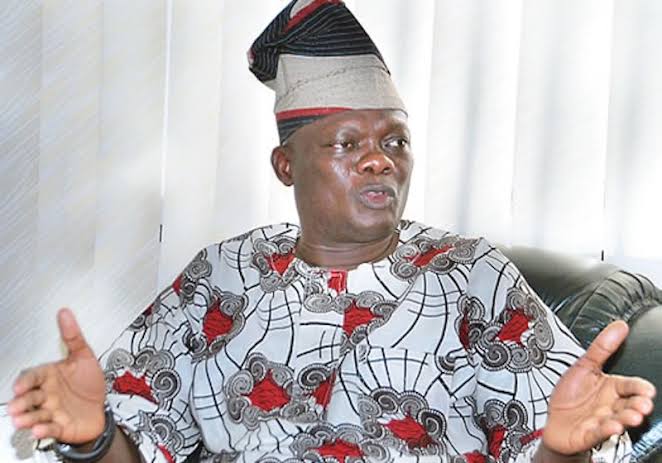The Federal Government has increased its financial disbursements to the National Assembly from ₦126.3 billion in 2022 to ₦316 billion in 2024, representing a 150 percent rise within two years.
This significant growth in allocations was captured in a review of government spending trends sourced from the civic tech platform, GovSpend.
The disbursements covered statutory allocations, project execution payments, supplementary appropriations, conferences, and severance packages for outgoing and serving members of both the ninth and tenth assemblies.
The monthly statutory allocation to the National Assembly rose from ₦13.59 billion in 2022 to ₦28.7 billion in 2024, reflecting an increase of over 111 percent.
The increase in government revenue following the removal of petrol subsidy in June 2023 contributed to the rise in allocations. Reports from the Federation Account Quarterly Review show that revenue shared across federal, state, and local governments reached ₦15.26 trillion in 2024, which is a 43 percent increase compared to 2023.
Aside from the regular monthly allocations, several extra-budgetary payments were made. In 2023, the government disbursed ₦70 billion in October as supplementary funds for the National Assembly.
In September, lawmakers received an additional ₦2 billion, and in July, ₦8.8 billion was released as half of the approved ₦17.6 billion severance package for legislators. Also, ₦7.8 billion was paid in August and December for the completion of the National Assembly library.
Another ₦6.8 billion was paid to current and past members of the legislature in December 2023, although the purpose of the payment was not listed on the platform. In 2022, ₦10 billion was released in May to settle outstanding liabilities owed to contractors and suppliers, and ₦150 million was paid in April to support the hosting of the Conference of Speakers of African Parliaments.
Reacting to the rising figures, the Chairman of the Centre for Anti-Corruption and Open Leadership, Mr Debo Adeniran, warned that unless Nigeria reforms its constitution to introduce strict controls on public spending, wasteful expenditure in government will continue unchecked. He stressed the urgent need for financial discipline and public accountability.
The steady rise in allocations and extra payments to the legislature comes amid growing economic hardship for ordinary Nigerians, fuelling public concerns about fiscal responsibility and transparency in the management of national resources.












